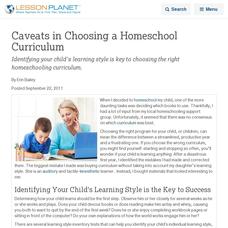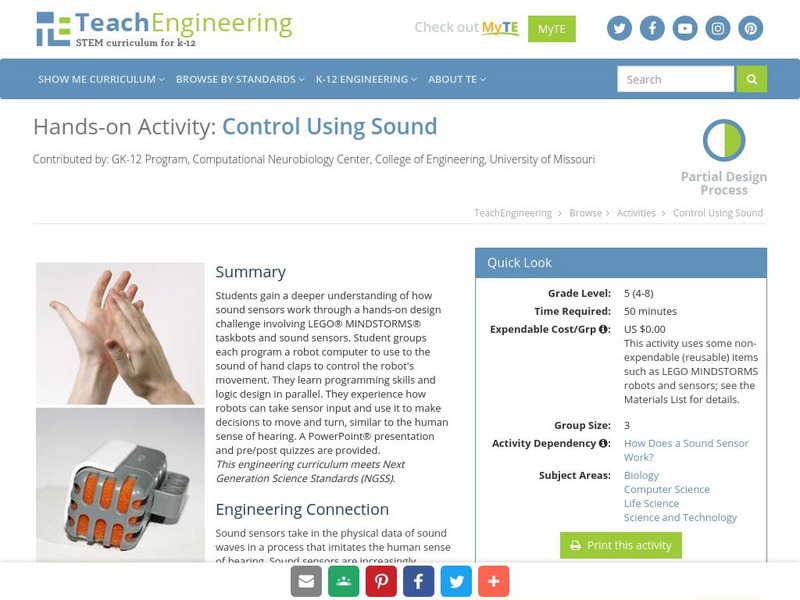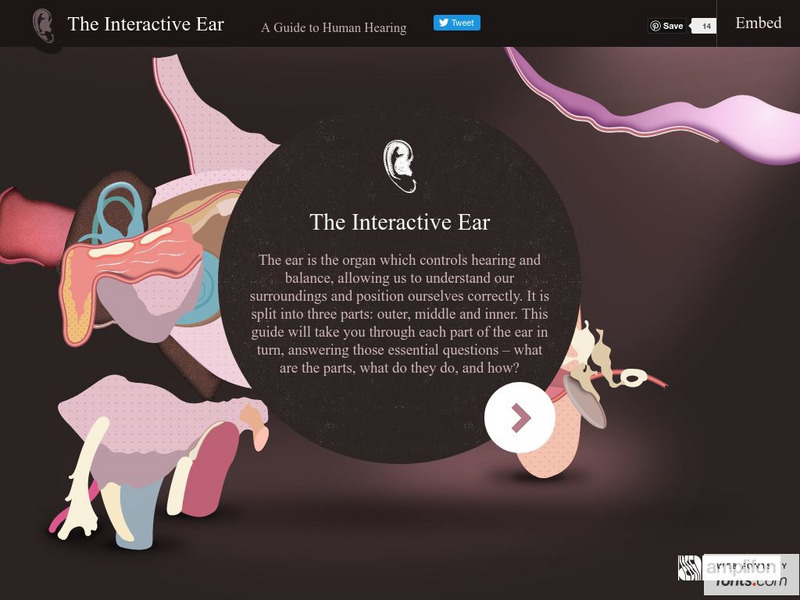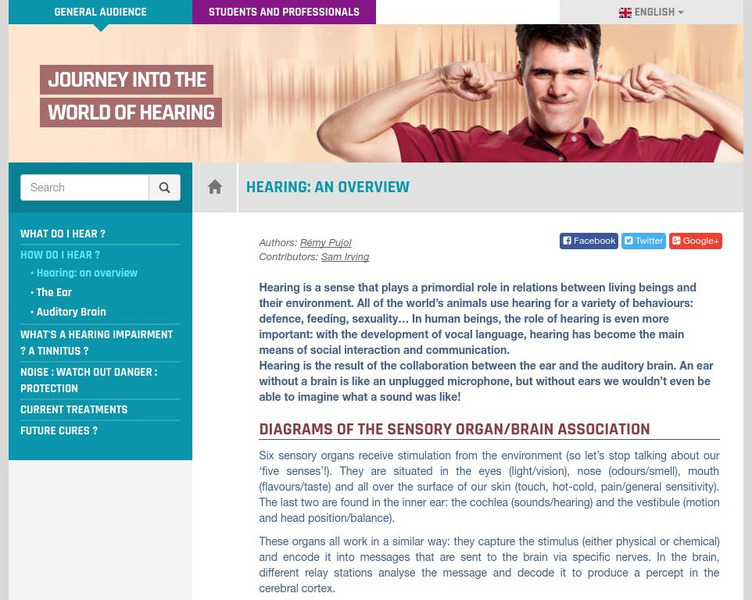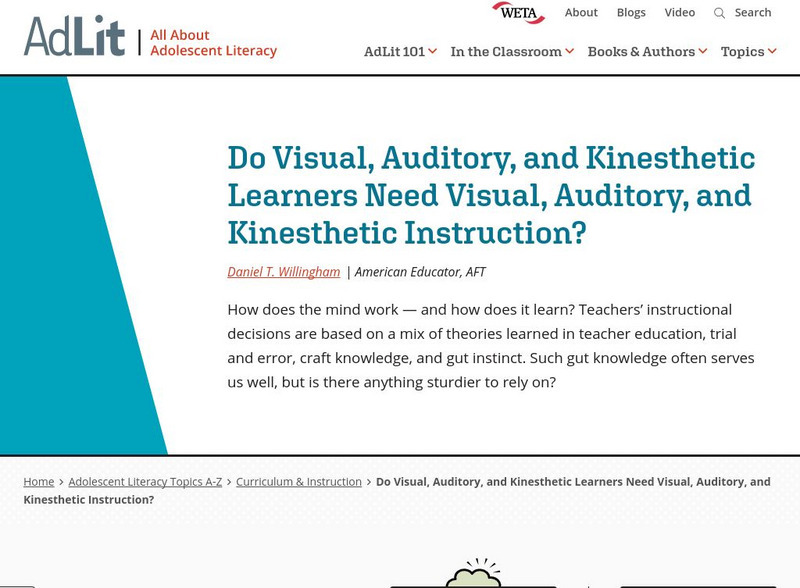Florida Center for Reading Research
Sound Changes
Looking for an auditory approach to phoneme manipulation? You'll find everything you need here for an independent practice activity to get youngsters changing initial, medial, and final phonemes to create new words. They begin with a...
Curated OER
Caveats in Choosing a Homeschool Curriculum
Identifying your child's learning style is key to choosing the right homeschooling curriculum.
Curated OER
Rhythm and Art: Gesture Drawing
Students explore connections between non-verbal language and art. In this visual and auditory art lesson, students investigate the science of sound and principles of drawing. They then use various genres of music to directly apply that...
Curated OER
Importance of the Ear
In this biology worksheet, students identify six important reasons of the ears in humans. They complete a graphic organizer filling in each of 6 circles with one reason of importance.
Curated OER
Reaction Time 2: Zap!
Students show how skills can improve through practice and awareness, using a reaction-time activity that focuses on both visual and auditory responsiveness.
Other
University of Sussex: Auditory Nerve
The University of Sussex defines the auditory nerve and its functions.
TeachEngineering
Teach Engineering: Hearing: How Do Our Ears Work?
Students learn about the anatomy of the ear and how the ears work as a sound sensor. Ear anatomy parts and structures are explained in detail, as well as how sound is transmitted mechanically and then electrically through them to the...
TeachEngineering
Teach Engineering: Control Using Sound
Students gain a deeper understanding of how sound sensors work through a hands-on design challenge involving LEGO MINDSTORMS NXT taskbots and sound sensors.
TeachEngineering
Teach Engineering: How Does a Sound Sensor Work?
Students learn about how sound sensors work, reinforcing their similarities to the human sense of hearing. This lesson and its associated activity enable students to appreciate how robots can take sensor input and use it to make...
Other
Amplifon: Interactive Ear: A Guide to Human Hearing
The Interactive Ear is a whole ear model which allows the user to explore all the inner-workings of the human ear.
TED Talks
Ted: Ted Ed: Earworms: Those Songs That Get Stuck in Your Head
Have you ever been waiting in line at the grocery store, innocently perusing the magazine rack, when a song pops into your head? Not the whole song, but a fragment of it that plays and replays until you find yourself unloading the...
Other
University of South Dakota: What Is Your Learning Style?
Find out what learning style you have by taking this interactive quiz. After taking the quiz, read and understand more about the three major learning styles: visual, auditory, and kinesthetic.
NeurOreille
Neur Oreille: Journey Into the World of Hearing: How Do I Hear?
See how the human ear senses a sound, and how that stimulus is transmitted to the brain for interpretation and response.
Sophia Learning
Sophia: Writing Narratives
Notes, a PowerPoint presentation, two videos, a song, an exercise, and a game help students to understand how to write a narrative. Elements of a narrative as well as the use of figurative language and sensory images are introduced and...
AdLit
Ad lit.org: Do Learner Types Need in Style Instruction?
How does the mind work - and how does it learn? Teachers' instructional decisions are based on a mix of theories learned in teacher education, trial and error, craft knowledge, and gut instinct. Such gut knowledge often serves us well,...



